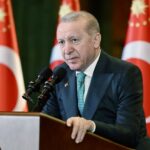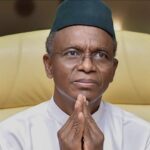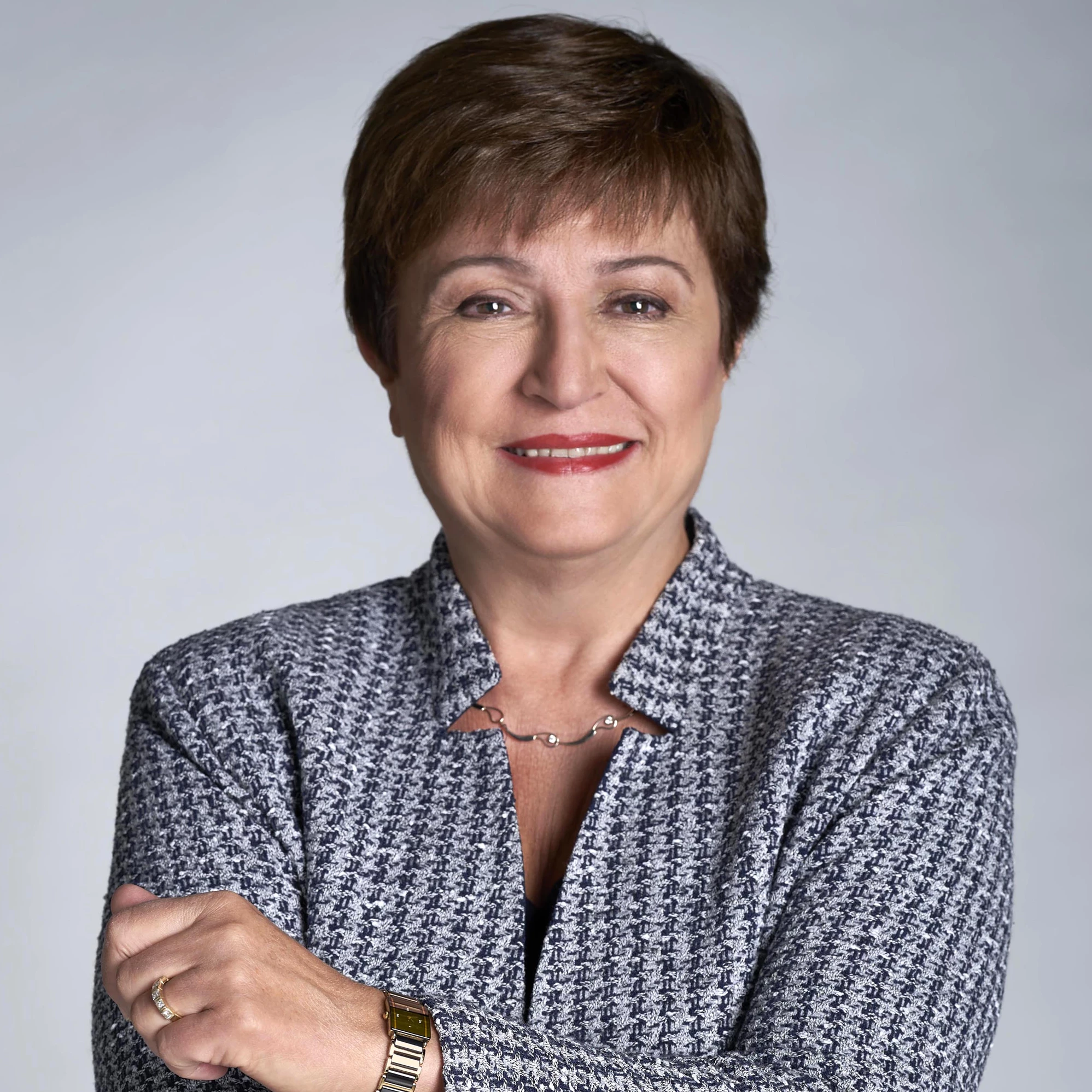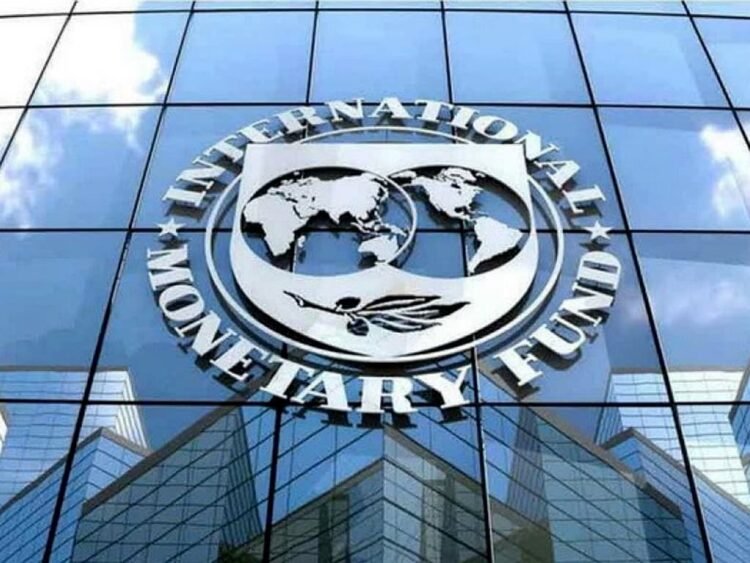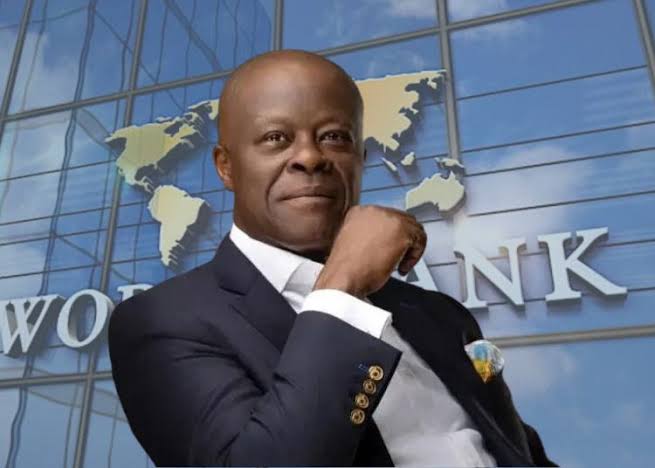IMF: Italy’s labour gap opens door for Nigerian expertise
Labour By Olawunmi Ashafa The International Monetary Fund (IMF) says Italy’s drive to boost productivity and attract more workers could open opportunities for Nigerian businesses and professionals. IMF, in its country focus report on Tuesday, said Italy’s economy, though resilient, faces long-term challenges. The challenges range from an ageing population,Continue Reading







